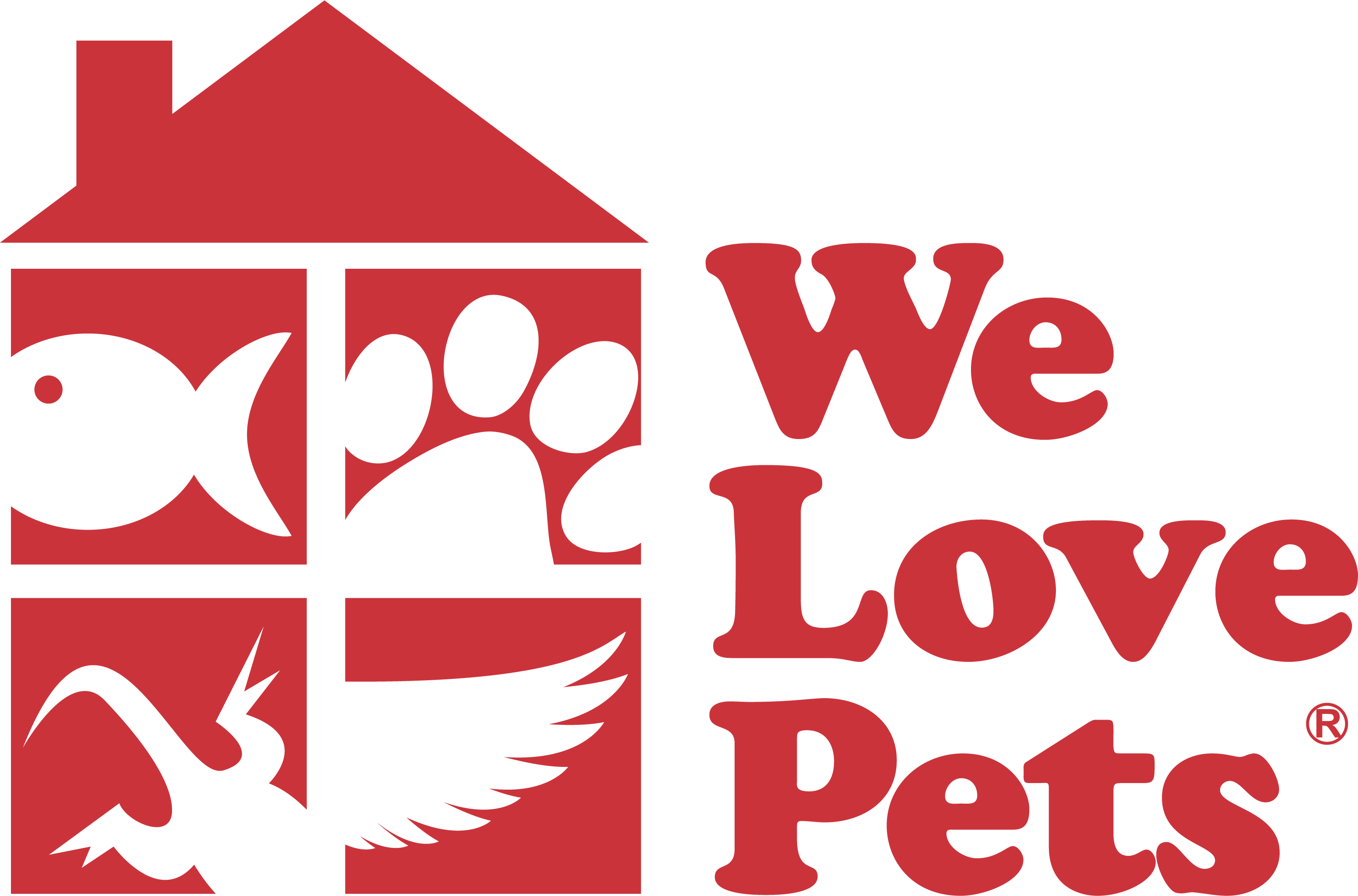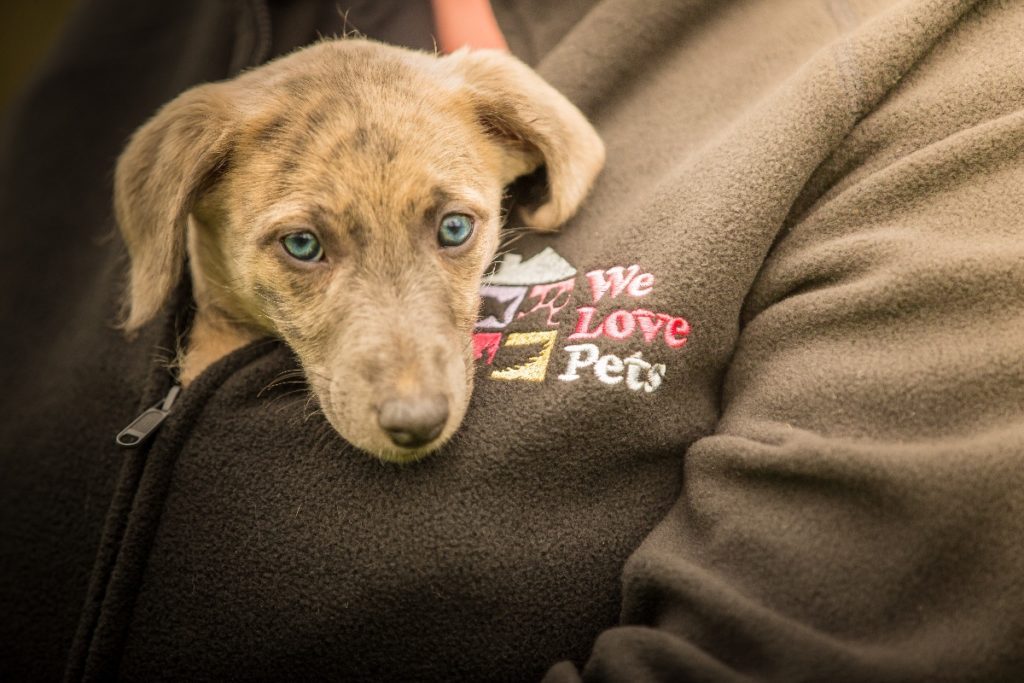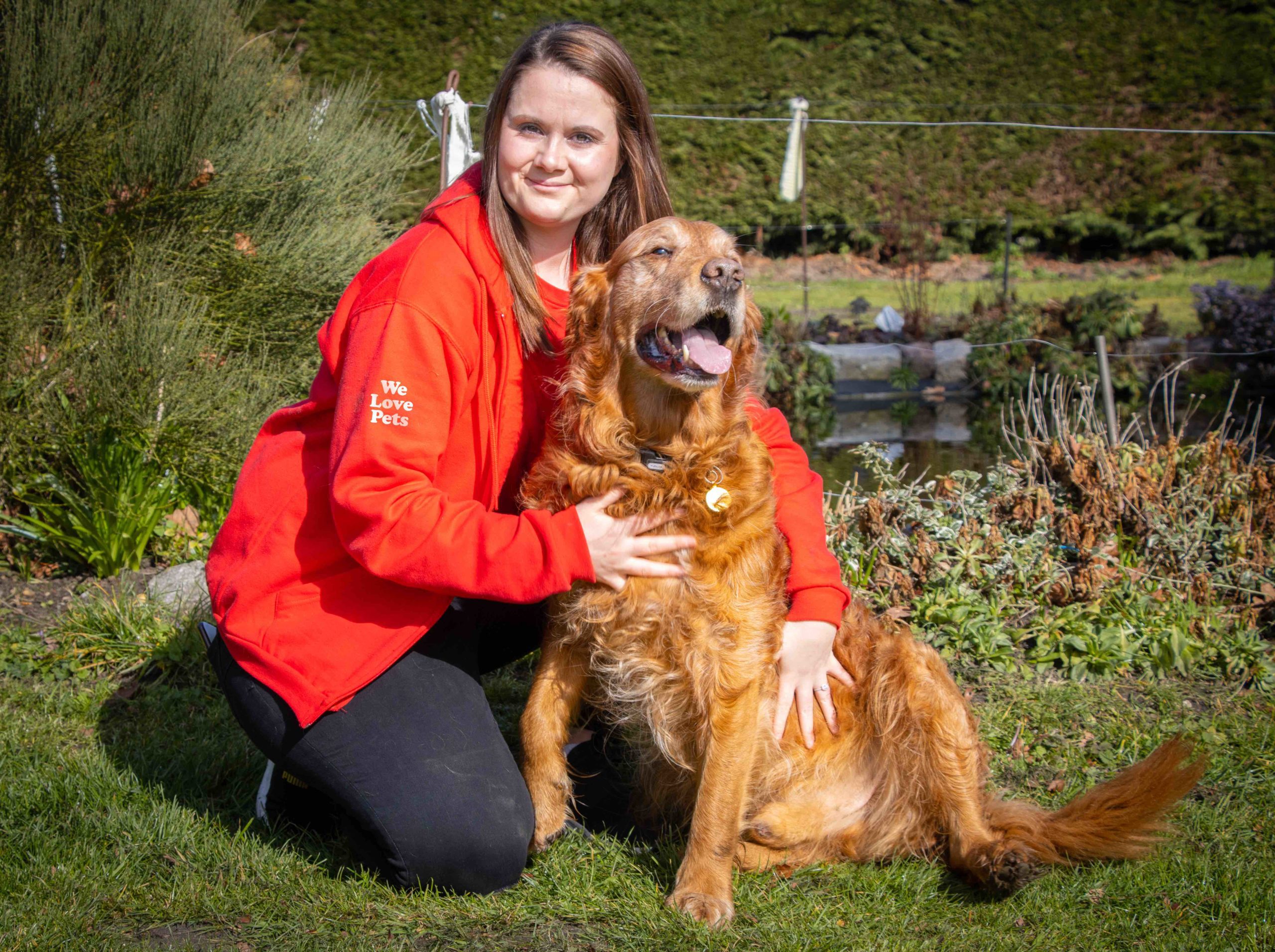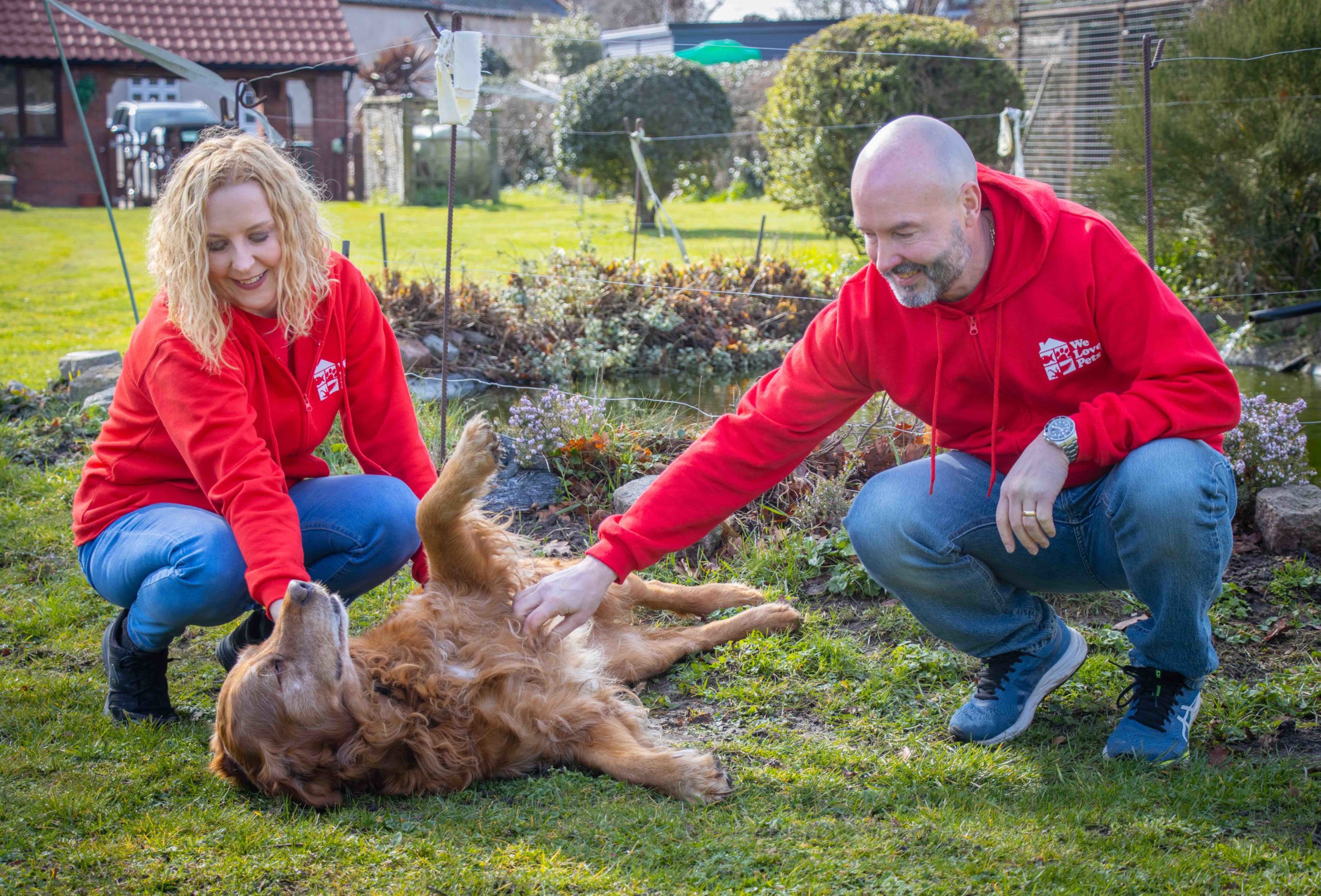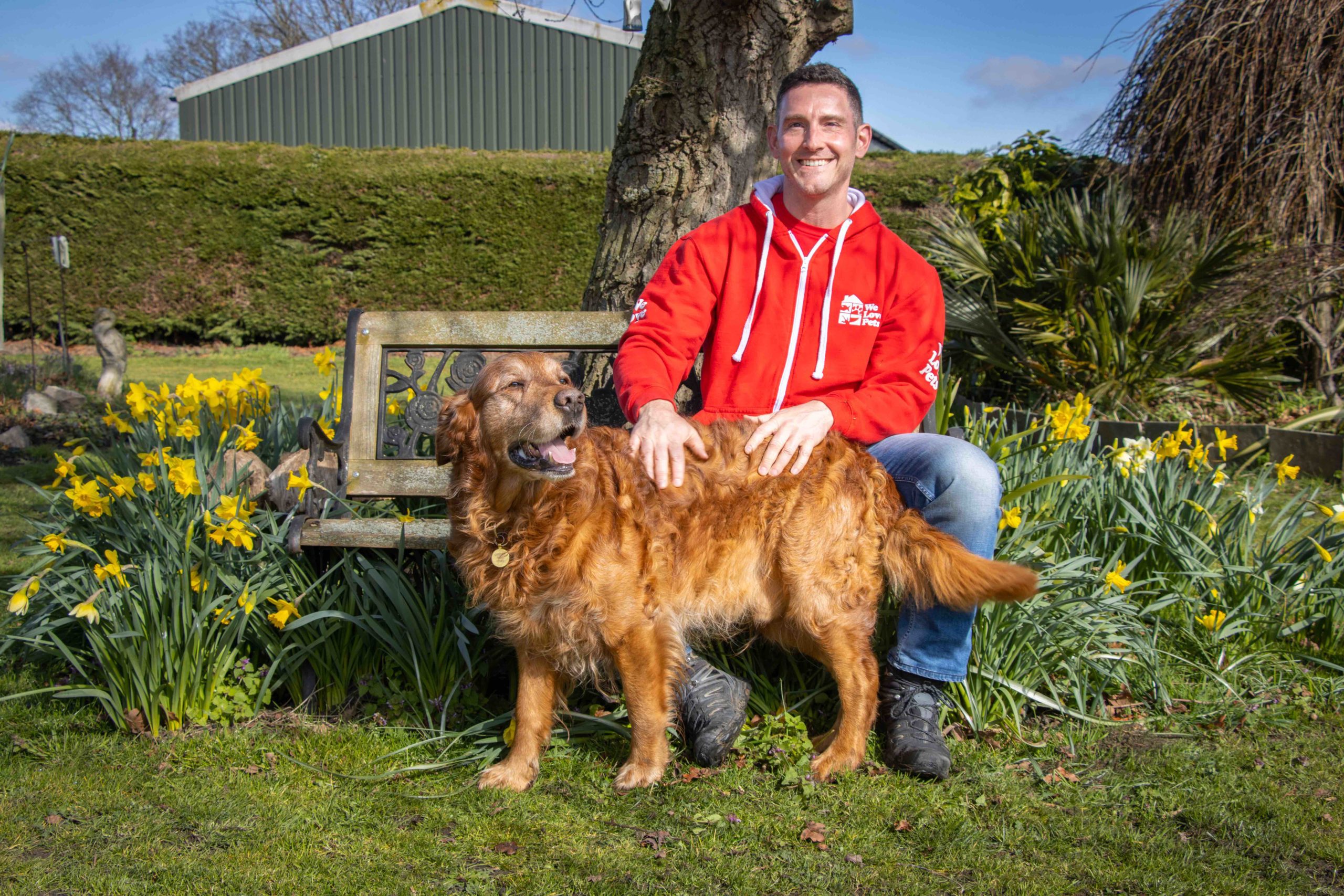Maintaining wellbeing and exercise for our dogs during lockdown is a challenge, not least to keep up essential socialisation to stop nervousness – and in the worst cases, aggressive behaviour – creeping in. Walks are absolutely critical to helping our dogs feel comfortable and confident with other people, other dogs and the world at large.
But in times where normality as we know it is on hold, how can we keep our dogs socialised and happy when we are all trying to keep a safe distance? We ask three experts for their advice on safe socialisation during lockdown and how to ease back into normality with confidence when restrictions are lifted.
The veterinary perspective
Chelsey Wheeler, veterinary nurse with over 10 years experience, practicing in Wiltshire
There is a lot of discussion around our mental health during this time of self-isolation, but many people forget that the changes made to our everyday lives have also had an impact on the pets we share our homes with. Their schedules and routines have been thrown out the window, for many, exercise times have been reduced due to restrictions and excursions to new and exciting places that add variety to their lives are no longer possible.
Like us, dogs are social creatures and require at least some form of social interaction with others. These changes to our lives go against the many recommendations dog professionals advise for an enriched, healthy and well-rounded companion. I and many other professionals and dog owners are worried that we are going to start to see a number of behavioural issues crop up because of increased stress and anxiety. So, what do we do about it?
Animal professionals around the world have some basic outlines or types of enrichment our pets need, including:
1. A comfortable living space
2. Species-specific opportunities
3. Social interactions
4. Physical exercise
5. Mental stimulation
6. Sensory enrichment
7. Novel experiences
8. Variety
This doesn’t sound too dissimilar to the types of enrichment us humans need to support our own mental health. This is why it is so important for our dogs to get walked as the walks themselves can cover 7/8 of the different categories of enrichment.
Adding another list of things to do may feel stressful in our already busy lives but this is where a dog walking service can be invaluable. If, when and however you are returning to work when lockdown guidelines change, having a dog walker will instantly add a bit of normalcy back into your life with a routine and most importantly, providing much needed enrichment with an animal professional whose job is to socialise, exercise and interact with your dog.
Top 10 activities to try with your dog during Coronavirus lockdown:
1. Agility – cushions are low risk
2. Hide and seek
3. Reward games
4. Teach a new trick
5. New toys or rotate toys so they aren’t always interacting with the same one
6. Play fetch – if concerned about your dog’s joints then roll the ball
7. Hiding treats and toys outside/on a walk
8. Frozen treats when the weather is warm
9. Switch up the walk, change your route
10. Paddling pool
A pet care professional perspective
Sophie Baldwin, former veterinary nurse and We Love Pets Tetbury and Stroud owner
If you have a very energetic dog and multiple people in your household then you could take turns to get your dog out for exercise multiple times throughout the day. If you are happy not to exercise together as a family on some days, your dog could be walked with a different member of the family each time so he can get 2- 3 walks a day.
If your dog is likely to go charging off or has unreliable recall, then keep them on the lead. While trying to find your dog and retrieve him, you could be risking coming into contact with a number of people, which is best avoided. Dogs like ourselves may relish this extra freedom!
Try to pick quieter times of the day such as very early morning or late evening now that we have more light at either end of the day. This reduces the number of people you come into contact with.
Don’t pet other people’s dogs or encourage people to pet yours as we know COVID can last up to 24 hours on surfaces such as cardboard and three hours in the air. Although we don’t know for sure, it is likely that the virus could survive a number of hours on a dog’s coat.
Consider washing leads and collars when you get home if you have come into contact with other people on walks and they have touched your dog.
Don’t be tempted to overdo it on walking your dog too far as their fitness level may well have decreased on shortened walks during lockdown. This is particularly true of older dogs as we move into warmer weather.
Continue to carry hand sanitiser so you can use it on your hands after opening gates etc.
The advanced dog trainer’s perspective
Also a We Love Pets branch owner, Amy Pearson of WLP Reading West, is a Canine Hoopers instructor and has worked with dogs for over 15 years
When lockdown restrictions ease, it will be important to start adding more variety back into dog walks with different locations, routes and durations. Dogs may find things that they haven’t seen for a long time more unsettling than they did previously. We should keep leads loose (as long as it’s safe to do so) and let dogs choose to approach in their own time or allow them to choose an alternative route if they want to.
It’s natural to feel a bit tense or anxious about how our dogs will react to seeing new dogs again after not interacting for an extended period of time, but it’s important for them that we stay calm. Keep your body relaxed and make sure you don’t tighten the lead in anticipation, as this will convey our unease to our dogs and make them think they are in a more threatening situation than they originally thought that they were.
Sniffing is really stress relieving for dogs of all ages so we should encourage it and not worry too much about how many steps we are getting in! Old locations that your dog hasn’t seen in a while will be more exciting now so make sure that you are rewarding them for coming back in this exciting environment.
During this unusual situation we are in, I recommend thinking about the training you did when your dog was younger and start adding some of it back into your walks for a while. It will help you and your dog adjust back into normal life together.
